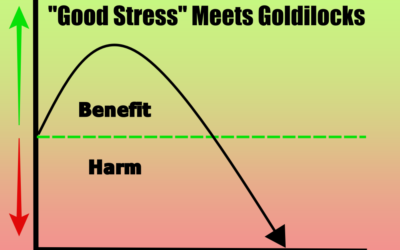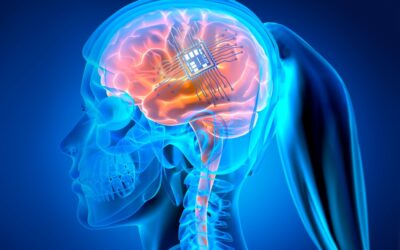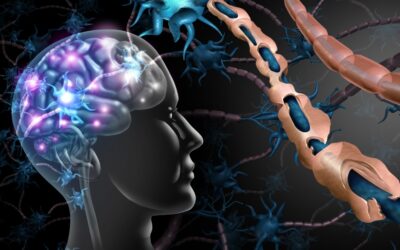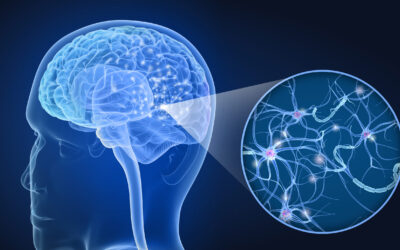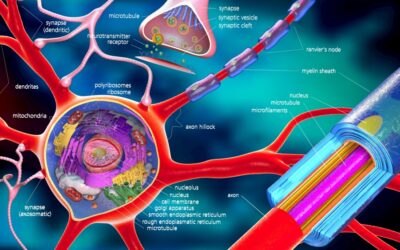Have you ever been so engrossed in a task that time seemed to stand still? Or maybe you’ve experienced a surge of creativity and productivity that left you feeling invincible. If so, you may have entered the elusive state of flow. This mental state, also known as being “in the zone,” is a state of complete immersion in an activity, where your focus is so intense that everything else fades away. It’s a state that athletes, artists, and even office workers strive to achieve, and for good reason – it’s where magic happens.
But it just so happens that this state of flow is not only about “creating” or “building” something meaningful. It is much more. Research studies have shown that flow state might also have an impact on overall health.
With all of that said, let’s dive into the world of flow and explore what it is, how it works, and how it might be the key to improving health and longevity.
What is Flow State?
Flow state, also known as being “in the zone,” is a mental state where a person is fully immersed in an activity, feeling energized, focused, and completely absorbed in the present moment. This state of mind has been shown to have numerous health benefits, both physical and mental.
Stress and Anxiety
One of the most significant benefits of flow state is its ability to reduce stress and anxiety. When we are in flow, we are fully engaged in the task at hand, and our minds are not wandering to other worries or concerns. This can help to reduce the levels of cortisol, the stress hormone, in our bodies, leading to a more relaxed and calm state of mind.
Cognitive Function and Memory
Flow state has also been shown to improve cognitive function and memory. When we are in flow, we are fully focused on the task at hand, and our brains are working at their highest capacity. This can lead to improved problem-solving skills, increased creativity, and better memory retention.
Physical Fitness
In addition to these mental benefits, flow state can also have physical benefits. When we are in flow, we are often engaged in physical activities, such as sports or exercise. This can lead to improved physical fitness, increased strength and endurance, and better overall health.
Immune Function
Flow state has also been shown to have a positive impact on our immune system. When we are in flow, our bodies are in a state of relaxation, which can help to boost our immune system and improve our overall health.
Emotional Health and Well-being
Finally, flow state can also have a positive impact on our emotional well-being. When we are in flow, we are often engaged in activities that we enjoy and find fulfilling. This can lead to increased feelings of happiness, satisfaction, and fulfillment in our lives.
Conclusion
Flow state is a powerful mental state that can have numerous health benefits. By reducing stress and anxiety, improving cognitive function and memory, boosting physical fitness, strengthening our immune system, and improving our emotional well-being, flow state can help us to live happier, healthier, and more fulfilling lives. So the next time you find yourself fully immersed in an activity, embrace the flow state and enjoy all the benefits it has to offer.
What is breathwork? Beginners guide to therapeutic meditation
What Is Breathwork? A Beginner's Guide To Therapeutic Meditation Breathing is automatic, unconscious, and involuntary. You do it without thinking, both when you’re awake and asleep. It’s what keeps you alive and functioning. But you can also control your breathing if...
Hormetic Stress: The Good Stress For A Happy Healthy Life
It’s so easy to be tempted by the allure of comfort. In fact, technology and society have convinced us that this is of the upmost importance. You’re cold? Turn on your thermstat. Don’t like that noise? Drown it out with “white noise”. Feeling hungry? No problem. The...
BDNF And Stroke Recovery
Stroke can cause long lasting disability due to nerve cell (neurons) death greatly impacting someone’s overall quality of life. The neuron death can cause problems with mobility, balance, sensation, speech, vision, cognition (thinking), comprehension (understanding),...
Brain Derived Neurotrophic Factor (BDNF) and Brain Health
Brain-derived neurotrophic factor (BDNF) is a protein that aids in cell function and promotes the growth of new nerve cells (neurogenesis). Studies have shown that BDNF plays a critical role in neuroplasticity (the brains ability to build new nerve connections) and...
Neuroinflammation: Implications in Brain Health and Disease
Neuroinflammation is a broad term that is characterized by an immune response in the central nervous system (CNS) - the brain and spinal cord. This abnormal immune response is initiated by cues including infection, bacteria, brain injury, toxins and autoimmunity. ...
Mitochondrial Dysfunction in Multiple Sclerosis
Multiple sclerosis, also known as encephalomyelitis disseminata is a neurodegenerative disease characterized by damage to the white matter in the brain and spinal cord (central nervous system. The mitochondria are implicated in MS disease progression. With that said,...
Mitochondria: Key to Brain Health
Within every cell of the human body is a pool of structures called mitochondria, often referred to as the “powerhouse” of the cell (generating 90% of the body’s energy). In recent years mitochondria have been credited for brain health and optimal performance. On the...
How Old Is Too Old?
You are never too old to set another goal or to dream a new dream. -C.S. Lewis How old is “too old”? I am often curious about this question. Especially when I hear statements like “I am too old to change”, “this is the way I have always been”, “maybe when I was...
What is your Ikigai?
Not everyone wants to live a long life. But what about a happy and healthy life? If this is you, sit down and pull up a chair. Ikigai might be the answer.
Stroke Rehabilitation: Overcoming Mental Barriers
Dealing with the aftermatch of a stroke can lead to a whirlwind of emotions including confusion, hopelessness, disappointment, and even despair. If you are in the process of recovery, these emotions are completely normal. Here I break down some of the most common...



